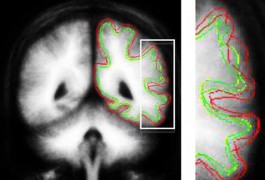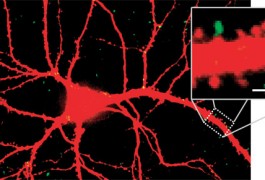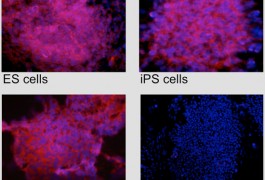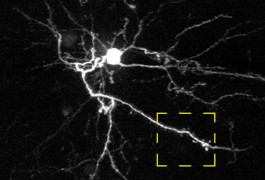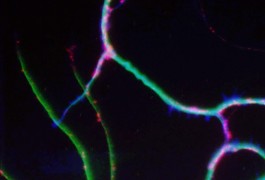Social factors may drive the spike in autism cases
Changes in diagnostic practices, more active neighborhood networks, and an increase in the number of older parents may all contribute to the massive rates of autism in California, says a group of social scientists. But the numbers still don’t add up.


